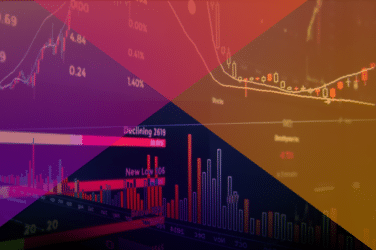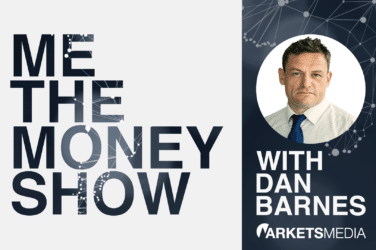
Buy-side firms are wondering if last-minute lobbying by themselves in Brussels will be enough to swing the MiFID II proceedings slightly more in their favor, as yet more delays continue to hold the process up.
“We got quite involved at the end of the year with MiFID II when the time schedule became a bit more sensitive but now we will wait to see what comes out of the European Council of Ministers,” Paul Squires, head of trading at Axa Investment Managers, a French-headquartered institutional investor, told Markets Media.
The much-awaited second installment of the legislation, which promises sweeping reforms to the European Union’s capital markets, is not now expected to move on to the final round of trialogue discussions that will thrash out a deal between the EU’s three main institutions until the end of the second quarter as the Council of Ministers, unlike the parliament, has still yet to agree on its final MiFID II text. This new delay could see final adoption pushed out to 2015 or even 2016.
Other industry groups, such as the banks and exchanges, have been making their cases heard loudly in Brussels over MiFID II since its inception but it has only been until relatively recently that the buy side has really raised its voice.
Since MiFID I was introduced in 2007, much has changed to Europe’s trading landscape including increased market fragmentation, the rise of high-frequency trading and the growth of dark pools such as broker-crossing networks.
And although politicians in Brussels are generally more aligned with the needs of the buy side, especially with their mistrust of HFT, many on the buy side have been alarmed at some of the proposals to come out of the European parliament.
“Broker crossing networks are one of the biggest disconnects between what the buy side have all said will help with their transaction costs with their pension funds, but the regulator seems determined that this is not viable in the future,” one source told Markets Media.
The buy side are fearful that potentially misguided legislation aimed at cutting down the more predatory aspects of HFT, as well as a greater push towards transparency, and a general mistrust of dark pools will, in fact, impact more on their methods of being able to execute trades in the dark and away from the clutches of HFT.
“Dark pools are one of the major topics under scrutiny,” said Ian Peacock, global head of execution services at CA Cheuvreux, the equity brokerage arm of French bank Crédit Agricole.
“Institutions are concerned about the complexity of this new trading landscape [widespread fragmentation and the explosion of HFT] and do not feel the proposed regulatory changes will address or help to solve their concerns.”






